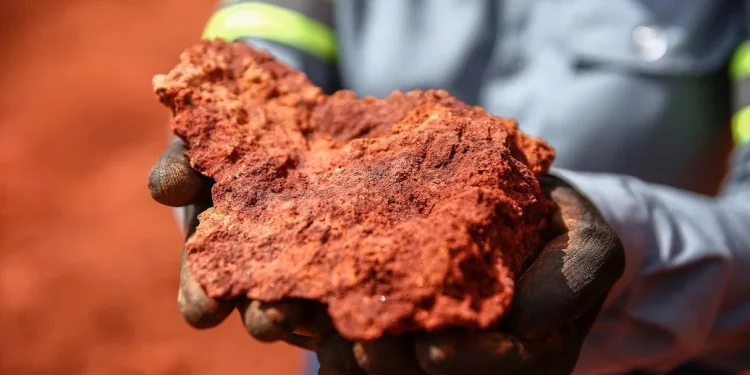CEDA Urges Greater Transparency and Local Participation in Ghana’s Bauxite Agreement With Ashanti Bauxite Ltd.
Executive Director of the Centre for Extractives and Development Africa (CEDA), Samuel Bekoe, has called on the Ghanaian government to enhance transparency and local economic participation in the pending bauxite lease agreement with Ashanti Bauxite Limited—a joint venture between the Ghana Integrated Aluminium Development Corporation (GIADEC) and Rocksure International Limited.
Speaking at a forum hosted in collaboration with the Natural Resource Governance Institute (NRGI) with support from the Foreign Commonwealth and Development Office (FCDO), Mr Bekoe underscored the necessity of robust governance measures to ensure the deal delivers long-term value to Ghana’s economy.
Enhancing Transparency and Anti-Corruption Safeguards
The Executive Director of CEDA stressed the importance of transparency mechanisms, advocating for the full publication of the agreement and supporting documents on government platforms and the Ghana Extractive Industries Transparency Initiative (GHEITI) portal.
Additionally, there should be the inclusion of anti-corruption provisions aligned with the UN Convention Against Corruption and Ghana’s Anti-Corruption Action Plan, as well as independent oversight mechanisms incorporating civil society to monitor implementation and compliance.
Boosting Local Content and Economic Inclusion
To maximise domestic economic benefits, CEDA recommends the establishment of gender-disaggregated employment targets with clear implementation timelines, a procurement strategy setting measurable targets for local supplier participation, and a broader localisation framework to ensure meaningful Ghanaian involvement across the value chain.
Strengthening Beneficiation and Value Addition
CEDA further highlights the need for a structured beneficiation strategy, proposing a phased roadmap for refinery development with specified milestones and independent due diligence assessments, as well as detailed technical and economic feasibility studies to guide investment decisions.
This is in addition to incentive mechanisms to expedite local refining alongside alternative compliance options for firms facing operational constraints, coupled with the explicit commitments to technology transfer and local capacity-building within refining operations.
Aligning Policy with Ghana’s Economic Ambitions
Ghana is estimated to hold 900 million metric tonnes of bauxite reserves, positioning it as a strategic player in the global aluminium market. Since the 1960s, successive governments have sought to transition from raw exports to an integrated aluminium industry, with limited success.
The establishment of GIADEC has renewed efforts to drive domestic value addition. However, previous agreements have fallen short due to fiscal weaknesses, suboptimal contract terms, and governance gaps.
The pending bauxite lease agreement with Ashanti Bauxite represents a pivotal opportunity to address these structural deficiencies. A rigorous evaluation of the deal is imperative to ensure it aligns with Ghana’s broader economic objectives, balances state revenue interests, and enforces environmental and social safeguards while advancing the nation’s industrialisation agenda.








